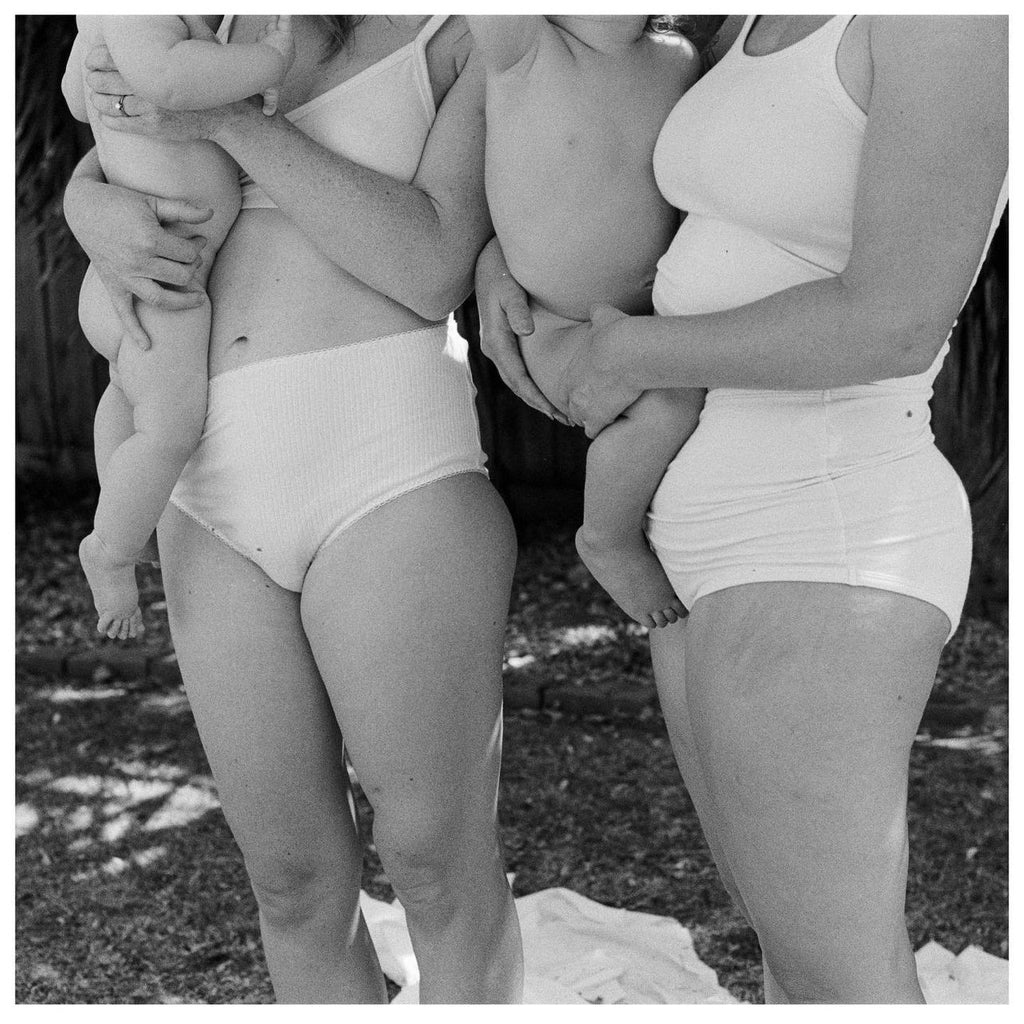Matrescence and the Journey of Motherhood

March 22 at The Nook, the beautiful soul Cayley Benjamin was here exploring and helping us open up on topics of matrescence and the journey of motherhood.
Becoming a mother is a full psychological revolution. Matrescence is the identity shift that comes along with motherhood. It addresses and names the physical, psychological, social, economic and spiritual changes that happen when people become mothers.
There is a parallel between adolescence and matrescence. Your body, hormones, brains and relationships are all changing. In fact, "mommy brain" is actually a rewiring of your brain to develop more bonding pathways. New parts of your brain develop that weren't there before. Your brain filters your many thoughts to prioritize those that contribute to your baby's wellbeing. Research has only looked at motherhood/matrescence since around 2005. Before that research focused on motherhood in relation to the impact of a mother on her child, not on the mother herself.
When mothers were asked to discuss the changes they had experienced since having their children they brought up changes in coping mechanisms, triggers, priorities, connections, relationships with friends, partners, parents, in-laws, work, economic position, spirituality and values. It is inevitable that we will reflect on our own childhoods when we become parents. Not all changes are perceived as negative. Parents also may find they belong to a group and have a bond with other parents that they didn't have before. They have more empathy and compassion for other families.
Motherhood is presented in our society as the pinnacle of what we might aspire to be as women and then when it's not all wonderful that can feel like failure and shame. Nevermind what that means for women who do not have children...Separating womanhood and gender from motherhood is a fascinating area of research as well. When we look at mother as a verb, grandparents, fathers, other caregivers, anyone who chooses to care for a child can "mother."
Myths:
- Your postpartum period ends at 6 weeks or 3 months or when you go back to work. In reality, your confidence and periods of challenge will ebb and flow forever. You will forever go through phases of mothering.
- Mothering is instinctual. Mothering is a skill that is acquired. It requires education. The skill set will change, grow and evolve as your child changes, grows and evolves from newborn to young adult. There are so many ways of handling every possible aspect of mothering that you may have self-doubt about the choices you make. These choices can create such overwhelm, especially when your choices are questioned by others in your life.
- You will bounce back. Your life evolves. You will not ever go back to how you were before you became a mother. You will be an evolved version of yourself. This is adult development through mothering. These changes will look different for everyone. There is beauty in them, but can also be challenge and grief.
- You will love motherhood. There are moments of challenge and pain. You are not expected to enjoy every moment of this incredibly difficult role. You can allow for two very opposing emotions in place at the same time. You can take joy in your baby and grieve your old lifestyle. The more you can allow yourself to hold two opposing ideas the more you will be able to let go of the guilt you may feel for the mixed emotions you may have.
- It will get easier. But again, motherhood keeps changing so there are always new challenges. If we set ourselves up with more realistic expectations, then we will have a more fulfilling experience.
Many of the mothers present expressed everything from frustration to grief to anger over the role social media is playing in the doubts they have in themselves and the quality of their mothering. Even when they know they are seeing the "highlight reels" of other people's lives, it is hard not to feel guilt or shame over the things you feel are not doing as well as someone else.
Homework:
Clean up your social media - who are you following and why?
Change the narrative in your own life - evaluate the books, songs, etc that are present in your life. What messages are you internalizing from them?
Contributed by Shauna Farrell
We look forward to welcoming you to The Nook on Wednesday March 28th to meet Emma from Brood who will offer their expertise on Postpartum Depletion and Healing from conception to post-partum.
*photo credit Cara Mand
